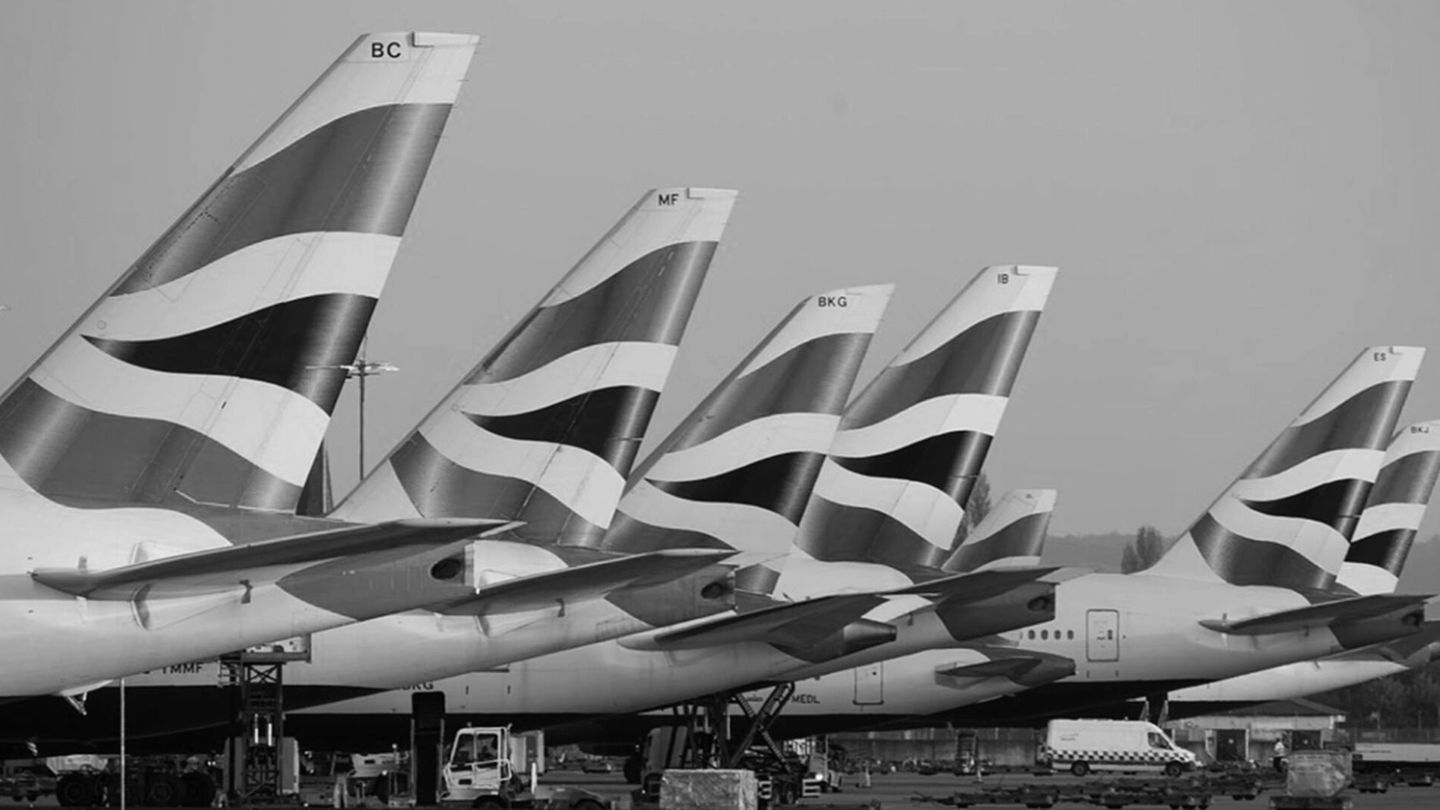
Lifestyle -- 2 months ago

Words: Tom Ward
Alex Cruz, the man who has captained British Airways through possibly the worst period in the company’s history, announced this week that he would be stepping down from his role as CEO. The news comes after a string of misfortunes on Cruz’s watch, none of which has been helped by the coronavirus pandemic.
To receive the latest in style, watches, cars and luxury news, plus receive great offers from the world’s greatest brands every Friday.
